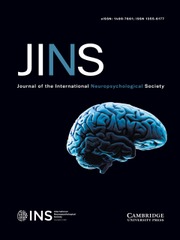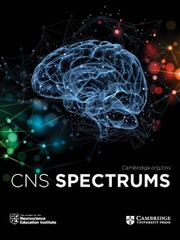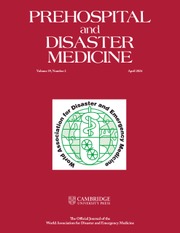Clinical Priority for Common Emergency and Urgent Conditions in Neurosurgery
Emergency Neurosurgery is a constantly evolving specialty, resulting in ever increasing challenges posed on the higher specialty trainee. The focus of this Element is to guide the reader on the application of robust and easily applicable management strategies whilst dealing with the most challenging aspects of their professional workload. The authors have categorised the various subgroups of emergency neurosurgical workload, devised a comprehensive management algorithm, included case scenaria related to the most challenging emergency situations and highlighted easily overlooked clinical information. In summary, this Element will provide robust and easily applicable management strategies whilst dealing with the most challenging aspects of the emergency neurosurgical workload.
Product details
April 2024Hardback
9781009486026
24 pages
235 × 159 × 7 mm
0.18kg
Available
Table of Contents
- Theme
- 1. Introduction
- 2. The spectrum of neurosurgical urgent conditions
- 3. Principles of management
- 4. Difficulties and obstacles
- 5. Management scenarios and variations of some common conditions
- 6. Technological developments in emergency neurosurgery triage
- 7. Recommendations.








